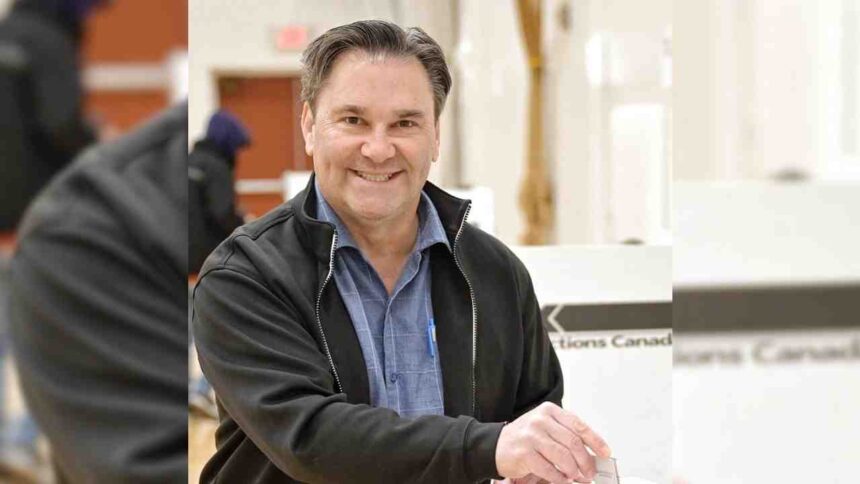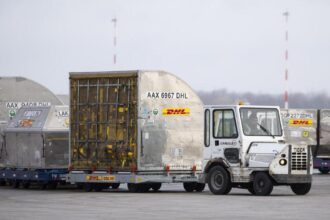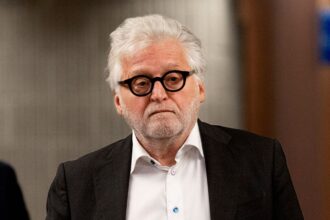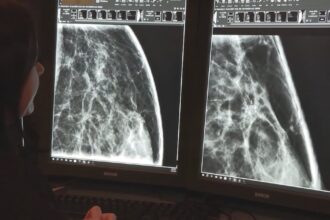In a pivotal moment for Canada’s progressive politics, Vancouver Kingsway MP Don Davies has stepped into the role of interim leader for the New Democratic Party, following Jagmeet Singh’s announcement that he will step down once a permanent successor is chosen.
The veteran parliamentarian, who has represented his Vancouver riding since 2008, brings substantial experience to this transitional period. Known for his measured approach and policy expertise, Davies faces the delicate task of maintaining the party’s momentum while setting the stage for new leadership.
“The responsibility is significant, but I’m committed to ensuring stability during this transition,” Davies stated during his acceptance speech at the NDP caucus meeting in Ottawa yesterday. “Our focus remains unwavering: advocating for working Canadians, meaningful climate action, and a more equitable society.”
Davies’ appointment comes at a complex juncture for the party. The NDP has wielded considerable influence through its supply and confidence agreement with Prime Minister Justin Trudeau’s Liberal government, securing key policy wins including dental care expansion and pharmaceutical coverage initiatives. Political analysts suggest Davies’ interim leadership will likely continue supporting this arrangement, at least until the leadership convention expected in early 2025.
“Davies represents continuity in many ways,” notes Dr. Melissa Chen, political scientist at the University of Toronto. “His selection signals the party’s desire for a steady, experienced hand during what could otherwise be a destabilizing period of change.”
The choice of Davies appears strategic, with party insiders describing him as a consensus builder who maintains strong relationships across the caucus’s various ideological factions. His background as the NDP’s health critic during the pandemic and expertise on drug policy reform have earned him respect both within and beyond party lines.
“What’s particularly interesting about Davies is his ability to balance progressive values with pragmatic governance,” explains political analyst James Morrison in an interview with CO24 Politics. “He’s neither a firebrand nor a centrist compromiser, which makes him well-positioned to hold the party together during this transition.”
While Singh’s announcement wasn’t entirely unexpected—he has faced increasing pressure following disappointing election results and internal party tensions—the timing creates both challenges and opportunities for the NDP. The party must now navigate the leadership transition while remaining an effective counterweight to the Conservatives and maintaining its influence over Liberal policies through the supply agreement.
Davies will need to address several immediate priorities, including preparing the party for the next federal election, strengthening fundraising efforts that have lagged behind other major parties, and managing the leadership race process. Party officials have confirmed that a leadership convention will likely be held in spring 2025, with rules for candidates to be finalized in the coming weeks.
Several potential leadership candidates are already generating speculation, including MPs Niki Ashton, Charlie Angus, and provincial standouts like former BC Premier John Horgan. Davies himself has ruled out running for the permanent position, stating his role is purely transitional.
Economic pressures facing Canadians will likely remain central to the NDP’s messaging under Davies. “The cost of living crisis continues to squeeze Canadian families while corporations post record profits,” Davies remarked in his first address to the party’s national council, as reported by CO24 Business. “Our commitment to tax fairness and expanding social programs remains non-negotiable.”
International observers note that Canada’s NDP represents an important voice within global social democratic movements. With progressive parties facing challenges in many Western democracies, how the NDP navigates this leadership transition may offer insights for similar movements worldwide.
Davies’ appointment also highlights the party’s efforts to maintain unity following increasing tensions between its traditional labor base and newer urban progressive constituencies. His background working with both union causes and social justice initiatives positions him as a bridging figure during this transitional period.
As the NDP prepares for a leadership race that will determine its future direction, the fundamental question remains: can the party transform its progressive vision into broader electoral success? Davies’ interim leadership may be brief, but his handling of this transition could significantly influence Canadian politics for years to come.










